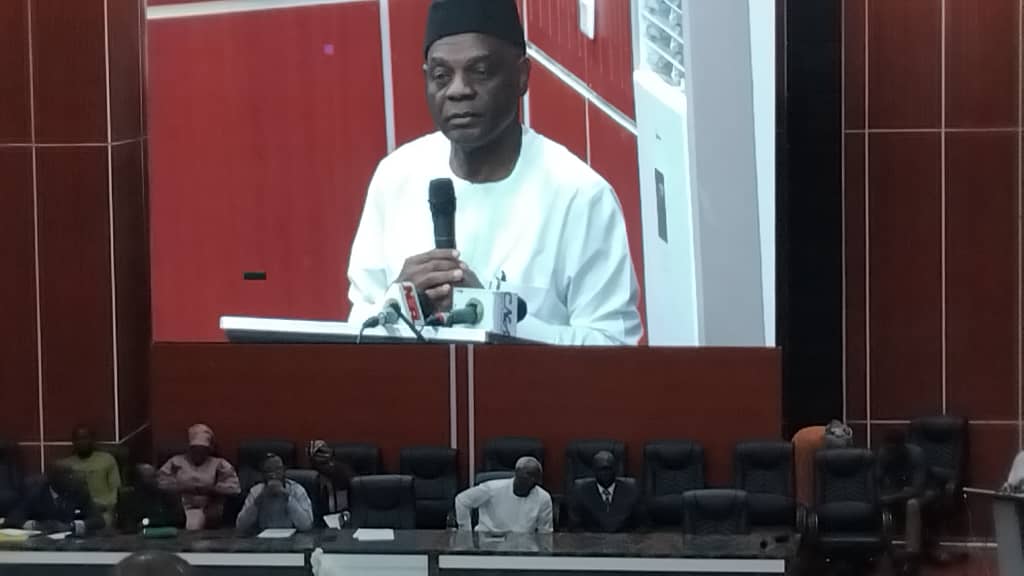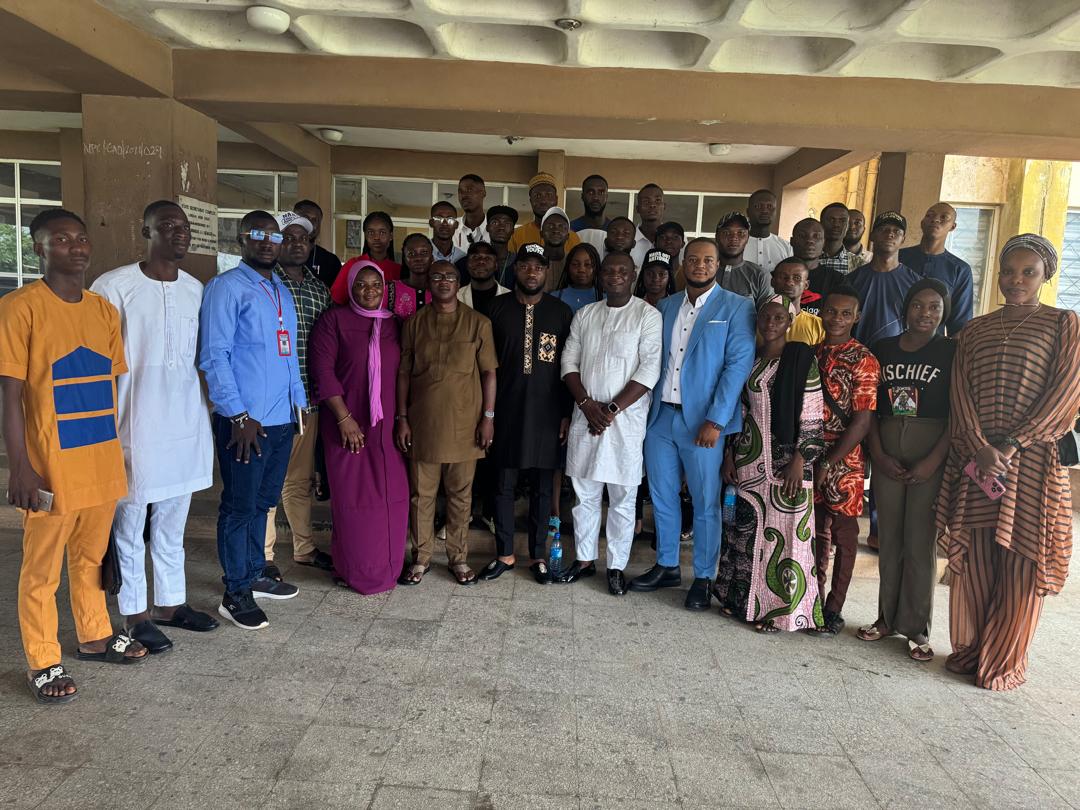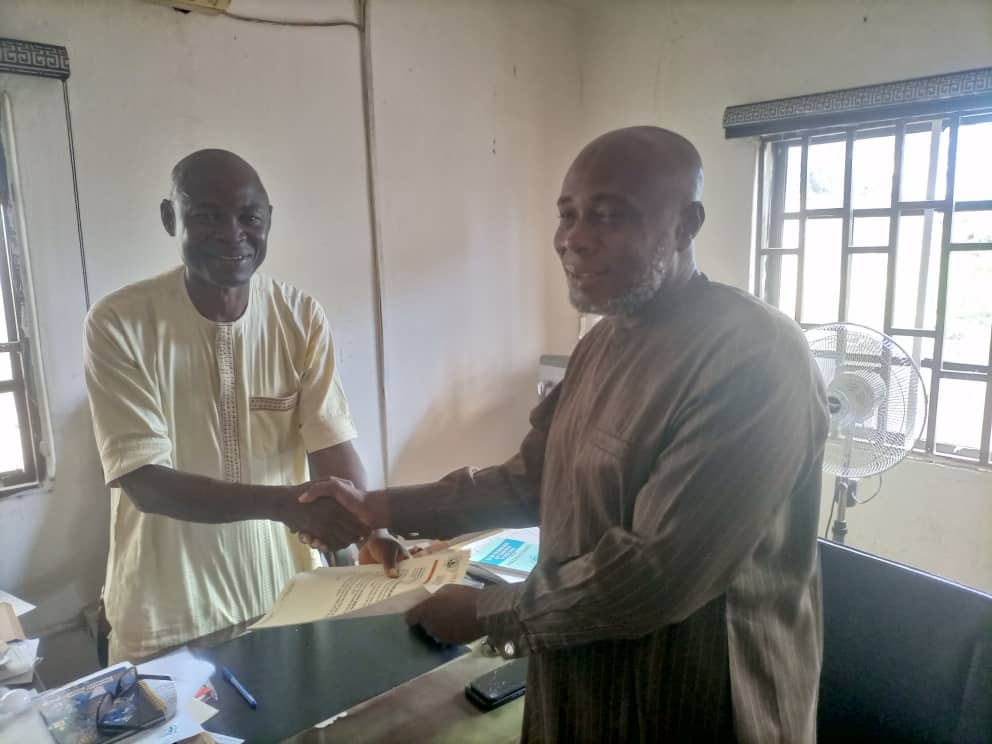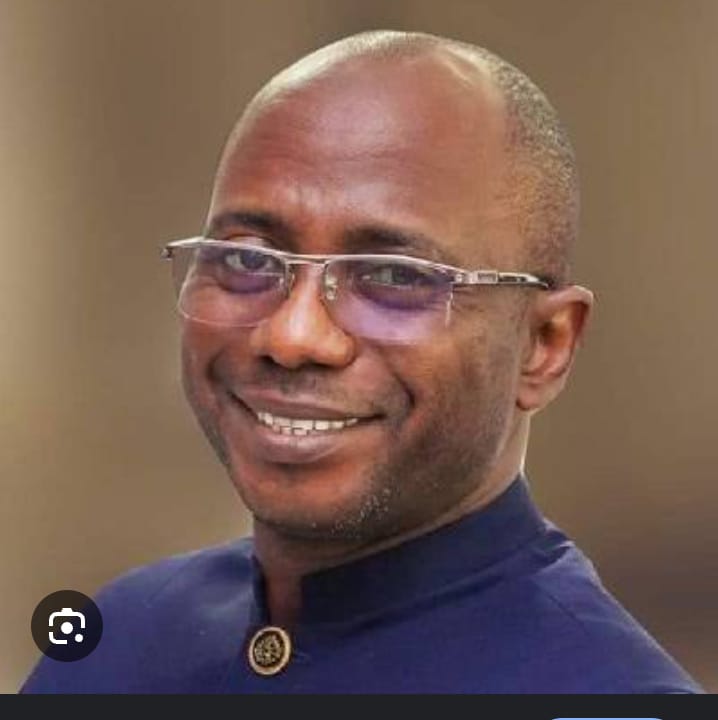Janet Samuel, Abuja
The Tertiary Education Trust Fund, TETFund, has urged lecturers of career centres in colleges of education to develop skills in modern technology to pass the needed knowledge to students to make them employable in the competitive global market.
Executive Secretary of TETFund (ES), Arc. Sonny Echono, gave the charge at a one-day workshop on “Emerging Areas of Students Needs in Beneficiary Institutions’’ on Tuesday, in Abuja
Echono who noted that changes in present technology would soon be overtaken by new skills in communication, urged lecturers to train the students to be fit in competing with their peers and stay on top of the game with cutting-edge that has become normal in other countries.
He disclosed that TETFund introduced the Career Services Center to complement other programmes in tertiary institutions in the year 2024 disbursement cycle.
“The Fund considers the establishment of these centers necessary for the development of students’ careers and their employability, which is the reason for establishment of tertiary educational institutions. Career services centers have helped students in advanced nations to make informed decisions regarding their career paths.”
According to him, the workshop was conceived mainly for the purpose of brainstorming over some identified areas of intervention that are seen to be highly beneficial not only to the institutions, but also to students who are the ultimate beneficiaries of all the interventions in the tertiary institutions.
Speaking on the career centers, the Executive Secretary said, they “provide information for students on trends in the job market, opportunities, and requisite skills as well as linkages with the employment industries including the alumni of the institutions.
“They provide students with tools for self-assessment to identify their interests, strengths, weaknesses and prospects. Career centers further provide counselling, guidance, and support to all students.”
The TETFund boss also disclosed that “the Fund recently received a communication from the Federal Ministry of Education regarding the Presidential directive to TETFund on the support of teaching practice and the recommendations of the National Salaries, Incomes and Wages Commission regarding the teaching practice allowance, which now includes Faculties of Education in our Universities.”
According to him, ‘while the Fund, as approved by the Board of Trustees, provided a 3 days Duty Tour Allowance to supervisors, based on the civil service recommended rate and a transportation support based on grade levels, the Salaries and Wages Commission provides for the payment of monthly stipends to supervisors and students-teachers at approved rates irrespective of rank or grade level and without provision for transport.
“As a directive of government, the Fund is obliged to comply and implement the content and spirit of the directive”
He however noted that the issue required collective brainstorming that may lead to the reworking of the teaching practice funding template currently in use.
“The methodology employed in the computation of the allowance by the Fund and that of the Salaries, Incomes and Wages Commission appear to be different, hence the need for harmonization to achieve shared acceptance.
“The Fund, by all means recognizes the significance of the inclusion of the student- teachers and the Faculties of Education which is to make the teaching profession more attractive.
“However, considering the impact of these provisions on our disbursement policies and processes, we will be making necessary adjustments in our disbursement guidelines going forward, in consultations with the Federal Ministry of Education,” he said.
Also speaking, the National President of Colleges of Education Academic Staff Union, COEASU, Dr. Smart Olugbeko, noted that the workshop was aimed at addressing issues with emerging students’ needs on areas of career centres, teaching practice, development of hostels, among others.
Olugbeko who commended TETFund for the implementation of career centres, urged the centres to look into the issue of employability of students from the colleges as employers of labour have raised such concerns over it.
“The major area of concern which we need to look into is the are of employability of our students because it is one of the major areas of concerns employers of labour have been talking about, whether our graduates are actually employable.
“It is not just about the content of what we teach in our various schools, it is also about how we have prepared our graduates, our students for them to be able to teach in our various schools or became employable when they leave the various institutions,” he said.
He stressed the importance of skill development among those manning the career centres to be well equipped in order to train students to be able to perform such functions, adding that you can’t give what you don’t have.
“We are talking about the function of making them to have an active and productive interface with the industry and the society, and this will actually be able to be performed by an expert, the person that is well-equipped to carry out that task,” he said.
He appealed for uniformity in infrastructure, adding that, setting up career centres has to go with uniformity and functionality of infrastructure.
“If we allow institutions to make use of infrastructure that are not adequately designated to perform the function of career centres then we will be having career centres that are not functional,” he said.
The COEASU President called on TETFund to upscale its monitoring and evaluation activities in the centres, warning that no matter the level of intervention provided, a deficient monitoring function will not produce anything meaningful from them.
On his part, the Executive Secretary of the National Commission for Colleges of Education, Prof Paulinus Okwelle, expressed gratitude to TETFund for the intervention on career centres in CoEs and other tertiary institutions.
He noted that counseling in the institution has to go beyond making career choices to look at how to fit into the various career paths that can be found in education, stating that educators have more work to do now in the society than before.







GIPHY App Key not set. Please check settings